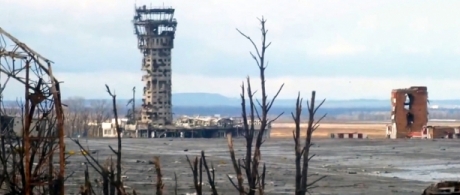At an event in Beijing last November, I had the good fortune to meet the French economist Thomas Piketty, who has sold 1.5 million copies of his book, Capital in the Twenty-First Century,since it was first published in 2013. Pacing up and down in front of a packed auditorium, Piketty explained that because the rate of return on capital is now higher than the growth rate of the global economy, the proportion of the world's wealth that is owned by a small elite will likely keep increasing; in other words, we should expect to see a divergence of wealth as the rich get much richer. As his book says, "capitalism automatically generates arbitrary and unsustainable inequalities that radically undermine the meritocratic values on which democratic societies are based."

No strategic forecaster can afford to ignore this alarming prediction — or the enthusiastic response it got from the audience in Beijing. In the 20th century, the two world wars were the only force powerful enough to reverse the concentration of wealth in the elite and the mounting class conflict; in the 21st century, we seem to be falling back into a comparable world of revolution, political extremism and mass violence.


